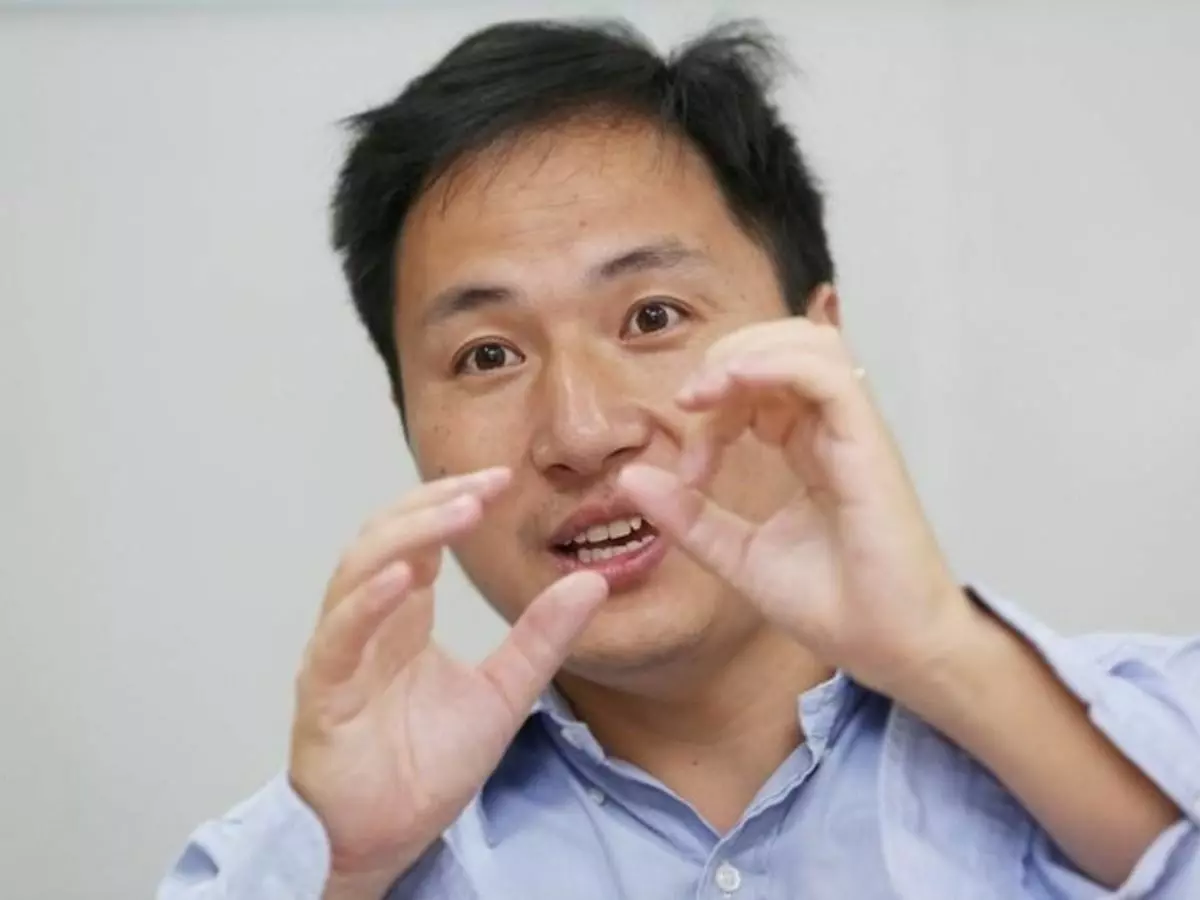Gene-Edited Twin Girls By Chinese Scientist Will Die Soon, Underlining Why Science Needs Ethics
In November last year, Chinese geneticist He Jiankui defied his country's laws, and arguably his ethical responsibilities, by genetically modifying twin girls. He believed he was protecting them from HIV, but he may have shortened their lifespans.

In November last year, Chinese geneticist He Jiankui defied his country's laws, and arguably his ethical responsibilities, by genetically modifying twin girls while they were embryos.
He believed he was protecting them from HIV, but he may have doomed them to early deaths.

Images courtesy: Reuters
He was experimenting with human embryo editing in an effort to modify humans to develop an immunity to HIV. But new data has emerged showing he may have inadvertently created a genetic mutation similar to an existing one called CCR5. And that's responsible for shortening people's lives by an average of 1.9 years.
"It's clearly a mutation of quite strong effect," population geneticist Rasmus Nielsen from the University of California, Berkeley told MIT's Technology Review. He says he made the discovery while studying DNA and death records of 400,000 people in the UK Biobank gene database. "You can't have many mutations that do that, or you wouldn't live that long." That's not all either. In February, the same gene was also linked to memory recovery after a stroke, meaning it could be tied to brain function too.
The new find underscores once again why, despite CRISPR having been around for so many years it's not yet been tested on humans. Not until He anyway. That's because genes aren't one-trick ponies. Almost every genetic mutation is tied to multiple different effects on a person. And that's just an estimate, because we haven't even identified all of them yet.
"To go ahead and alter the germline based on partial understanding is not responsible," says Feng Zhang, a biologist at MIT and a CRISPR expert. "It's another piece of information that we shouldn't be so careless about."

For his troubles, He was summarily arrested after his proclamation and jailed. Thanks to China's strict laws against human gene editing, he could even face the death penalty.
And frankly, it was the right call to arrest him. Oftimes, scientists can become so enamored with their theories that they fail to consider the side-effects of their work. That's exactly why authorities exist to oversee this kind of research, to restrict these kinds of experiments on humans until they're absolutely sure the risks are at least minimal.
